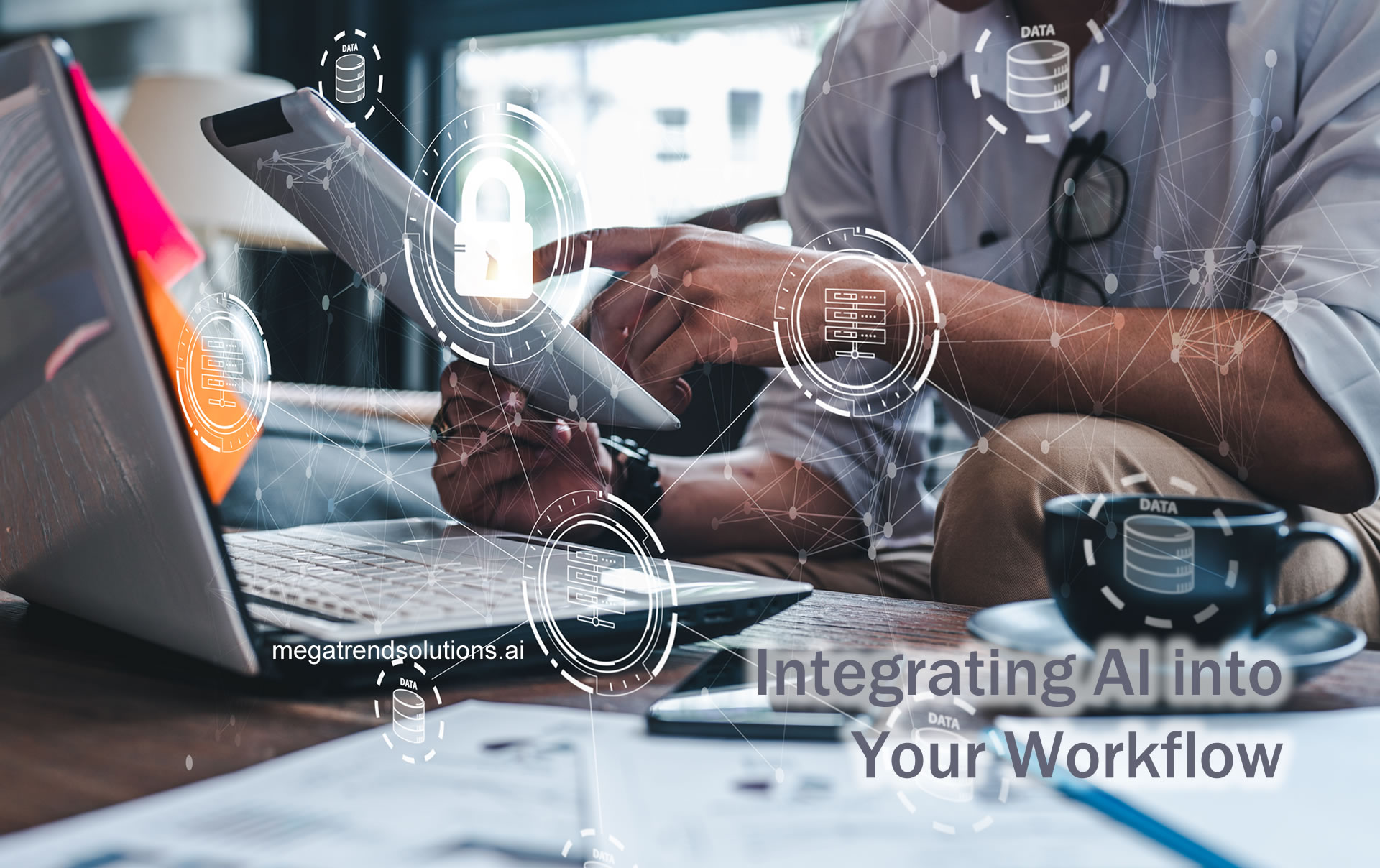In the fast-paced realm of contemporary business, the strategic integration of Artificial Intelligence (AI) is no longer a luxury but a necessity. It is a tool to help your organisation maintain its competitive edge, foster innovation, and drive growth. While incorporating AI into your existing workflows may seem daunting, it is a journey that promises significant rewards. To embark on this transformative path confidently, it is crucial to embrace practical guides that can seamlessly streamline the integration process.
Primarily, clarity of purpose is paramount. Before diving headlong into AI integration, take the time to articulate clear objectives and define key performance indicators (KPIs) aligned with your organisational goals. A well-defined roadmap will guide the integration process, whether it is enhancing operational efficiency, improving customer experience, or driving revenue growth.
Next, cultivate a culture of curiosity and continuous learning within your organisation. Encourage cross-functional collaboration and empower teams to explore AI solutions that address specific pain points within their workflows. From frontline employees to C-suite executives, fostering a culture of experimentation and innovation will pave the way for successful AI integration.
Moreover, leverage the expertise of AI professionals and industry specialists to navigate the intricacies of AI implementation effectively. Through in-house talent development initiatives or strategic partnerships with AI service providers, tapping into external resources can provide invaluable insights and support throughout the integration journey.
Furthermore, take into account the power of data quality and governance in ensuring the accuracy and reliability of AI-driven insights. It’s more than investing in robust data infrastructure and establishing precise data collection, storage, and analysis protocols. It is about building a solid data foundation to unleash AI’s full potential to drive informed decision-making and fuel business growth.
Additionally, embrace scalable and modular AI solutions that adapt to evolving business needs and technological advancements. Whether through cloud-based AI platforms or customised software solutions, prioritise flexibility and scalability to future-proof your AI infrastructure and maximise long-term ROI.
Finally, monitor and measure the impact of AI integration continuously. Leverage analytics and performance metrics to track critical outcomes and iterate on AI strategies accordingly. By fostering a culture of accountability and data-driven decision-making, you can ensure that AI remains a catalyst for positive change and sustainable growth within your organisation.
In summary, seamlessly integrating AI into your workflow is a strategic and holistic process. It involves setting clear objectives, fostering a culture of continuous learning and collaboration, prioritising data governance, embracing scalable solutions, and measuring performance. By following these steps and embracing practical guides tailored to your organisation’s unique needs, you can unlock the full potential of AI. This will drive innovation, efficiency, and competitive advantage in the digital age, propelling your organisation towards a future of success and prosperity.
Contact an expert for a no-obligation discussion to answer your questions about AI integration.


